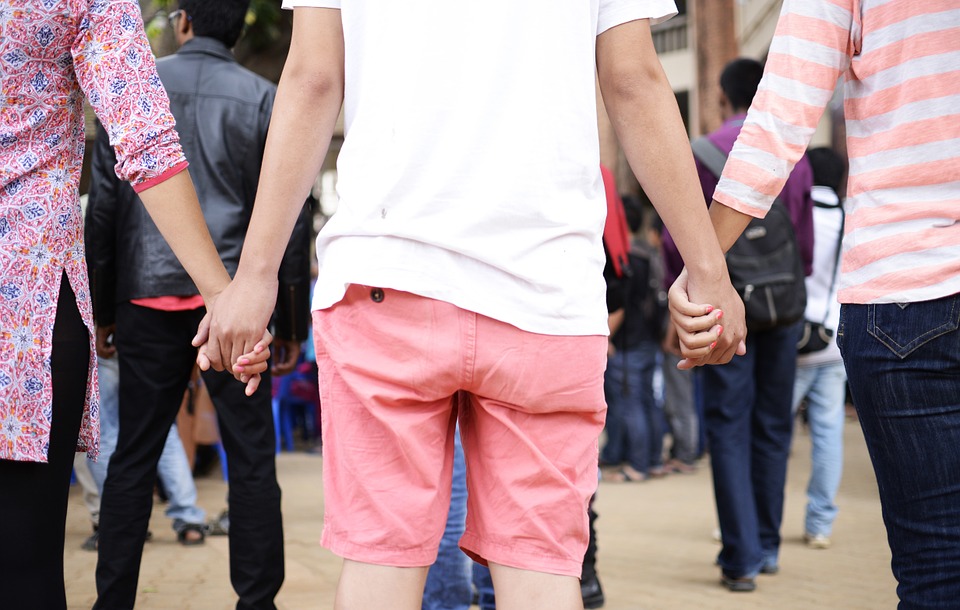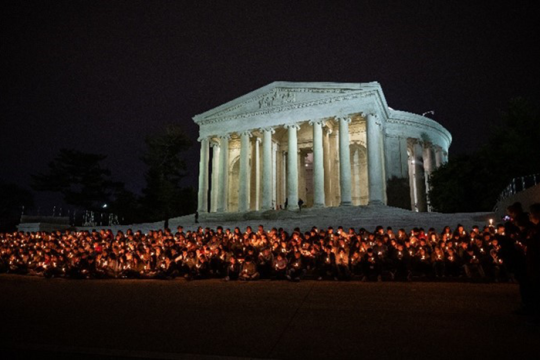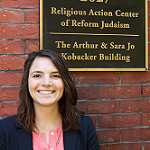
Recently, there has been a wave of legislation introduced that would add police officers as a protected category under hate crime statutes. Bills were introduced in 15 states and in the 114th Congress. The national legislation, dubbed the “Blue Lives Matter Act,” would add police officers to our national hate crime statute. In May, Louisiana became the first state to pass a law of this nature.
Many of these laws were proposed in response to high profile police shootings in Baton Rouge, Louisiana, Dallas, Texas and Atlanta, Georgia. Law enforcement officers who risk their lives each day to ensure our safety deserve the respect and appreciation of all Americans. Their work is challenging and the decisions they are forced to make are difficult. While it may seem like an obvious and important step to make it a hate crime to target a police officer, opponents of this type of legislation, which include many experts on hate crime laws, cite two reasons for their opposition.
First, the addition of police officers to hate crime statutes will actually make it more difficult to prosecute someone who attacks an officer. Every state plus the District of Columbia already prosecutes attacks of officers with heightened severity. These laws mandate longer sentences for those convicted of attacking police, and unlike hate crime laws, they do not require the prosecutor to prove the motive for the assault. Additionally, in some instances, the penalty for a hate crime is less severe than the penalty for attacking a police officer. Not only would the addition of police officers to hate crime statutes make crimes against police officers more difficult to prosecute, it would, in some instances, lessen the severity of the punishment.
The second reason opponents cite for their opposition of including law enforcement officials in hate crimes is because it would dilute the power of hate crime statutes. October marked the seventh anniversary of the Matthew Shepard and James Byrd Jr. Hate Crimes Prevention Act, which expanded the federal definition of hate crimes to include crimes based on gender, disability, gender identity and sexual orientation. Unlike one’s chosen occupation, hate crime statutes protect against biased-driven violence against fundamental aspects of identity. Being a police officer is an occupation, distinct from the other protected groups of people, and adding police officers as a protected class under hate crime statutes dilutes the original intention and legal distinction of hate crimes.
Earlier in December, at an interfaith event on the Justice Department’s Commitment to Combatting Hate Crimes, Attorney General Loretta Lynch powerfully remarked, “There is a pernicious thread that connects the act of violence against a woman wearing a hijab to the assault on a transgender man to the tragic deaths of nine innocent African Americans during a Bible study at Mother Emanuel AME in Charleston, South Carolina.” It is precisely this thread that should call us to reserve the distinction of hate crime for those who face bias-motivated violence because of some part of their identity or perceived identity.
Hate crimes are committed with the intention to intimidate a community. It is this sense of fear that distinguishes a hate crime. Recently released FBI statistics on hate crimes committed in 2015 show a startling increase in hate crimes, as does the recent bout of hateful acts that has come immediately following a particularly divisive election. These statistics show an increase in anti-Semitic hate crimes, as well as an increase in hate crimes against Muslims, LGBT people and religion-based crimes in general.
As Jews, we are not new to persecution. It is our collective history and the current state of hate crimes in the United States that link us to all others experiencing discrimination and hateful violence. This moment calls for a strong and unified voice to maintain the integrity of our hate crime laws, and our strong reaction to hateful rhetoric or actions.
Related Posts

Teens from North Carolina Speak About Environmental Justice

Why is this Right Different?: City of Grants Pass, Oregon v. Johnson and the Passover Call to Action


